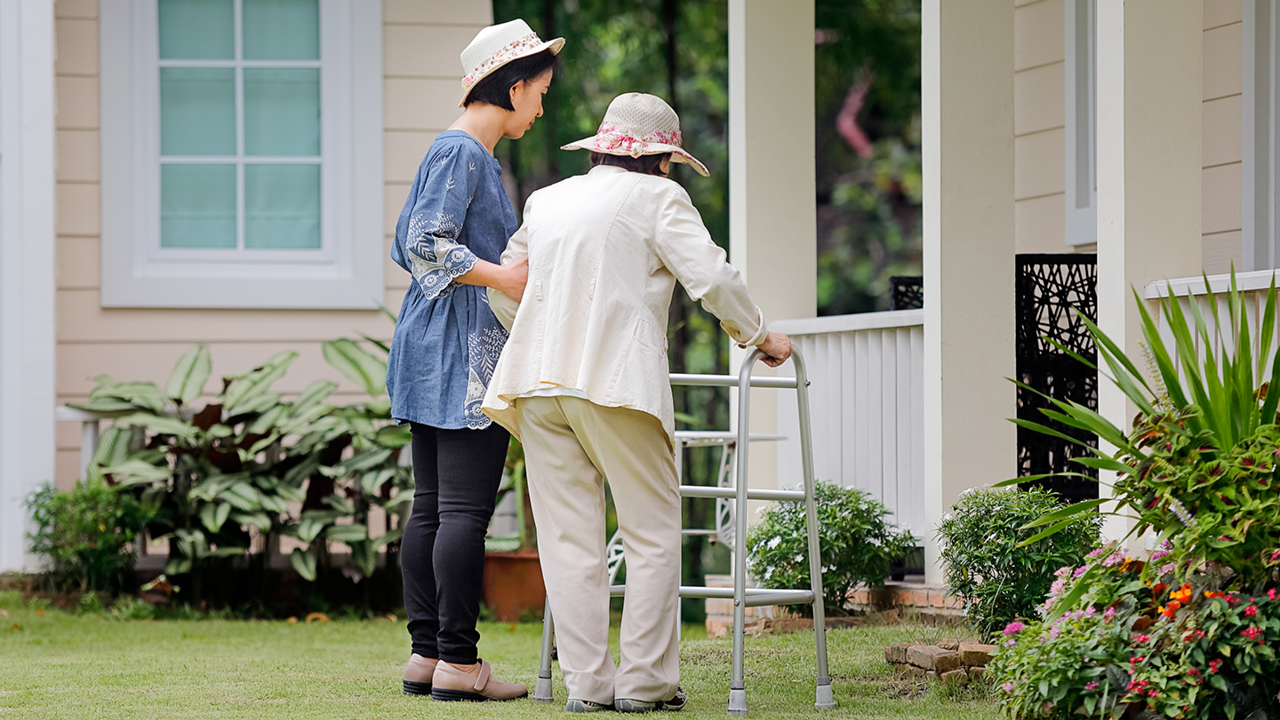Am I a Caregiver?

Nobody applies for this job. Most try to deny the possibility they might be called upon to help, or that their loved one might be anything less than independent. Sooner or later, though, something occurs, and it will be looming in front of you.
The term “caregiver” refers to anyone who provides assistance to someone else who needs help. Specifically, we are generally referring to “informal” caregivers – those unpaid individuals providing assistance to someone who is chronically ill or disabled and who can no longer care effectively for himself or herself. This form of care delays or even helps avoid institutional placement or the need for more “formal” or paid caregiving services. Caregivers can be spouses, partners, adult children, relatives or friends. Together, they provide services valued at more than $257 billion a year. Family, or informal caregiving, is the backbone of the long-term care system in the United States.
Many caregivers do not identify themselves as such. When someone does the work of a caregiver but doesn’t think they are, their stress levels are often higher than if they claim their responsibilities.
Caregiving is not easy. Make no mistake about it: caregiving can become a full time job that requires specialized knowledge and critical skills. Fortunately, many of these skills can be either learned by non-professionals or gained by engaging experienced skilled professionals in the field.
Caregivers may be called on to help with areas such as:
- Grocery shopping
- Paying bills
- House cleaning
- Providing or arranging for transportation
- Attending doctors visits
- Giving medication
- Cooking
- Feeding
- Bathing
- Dressing


